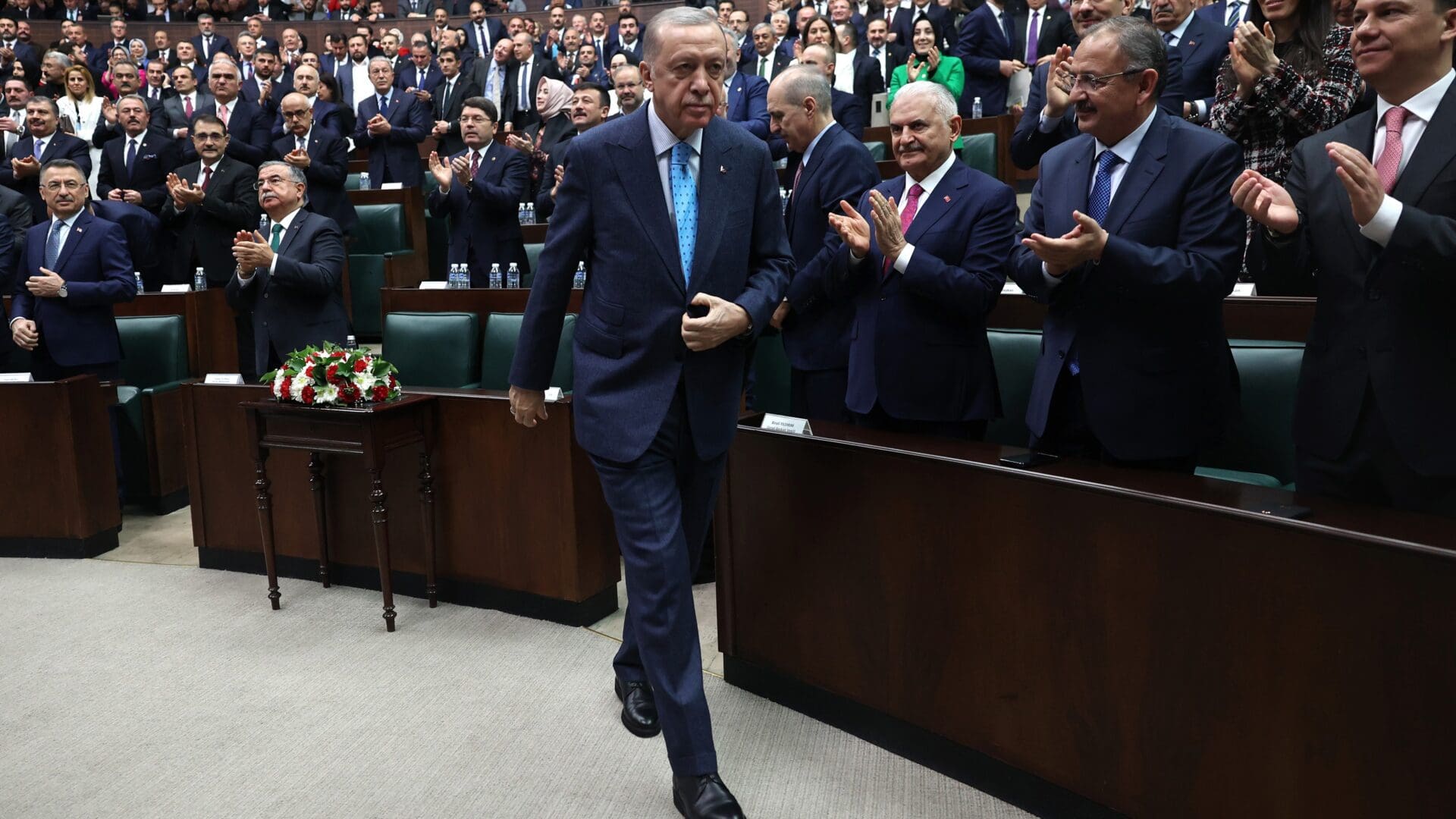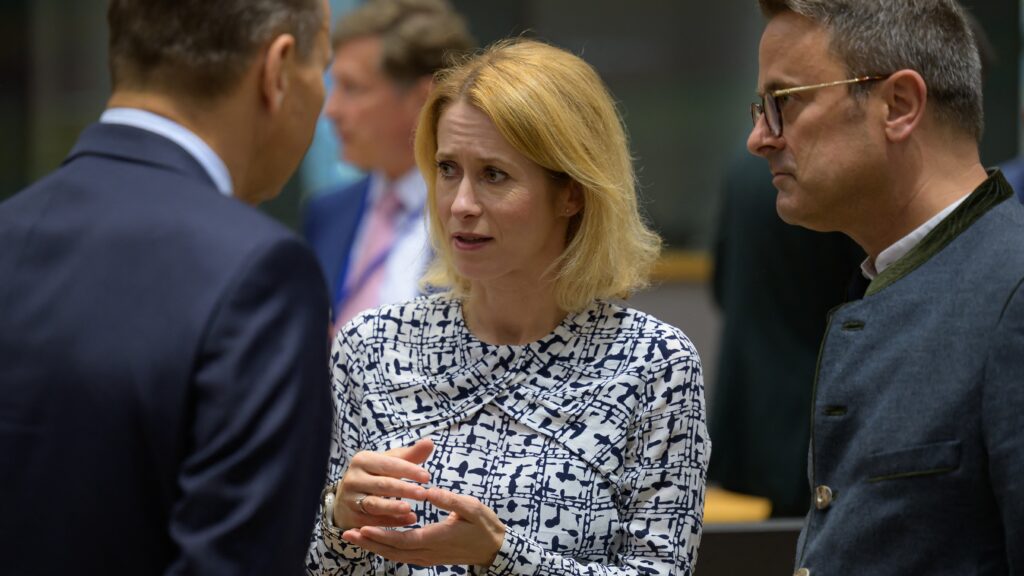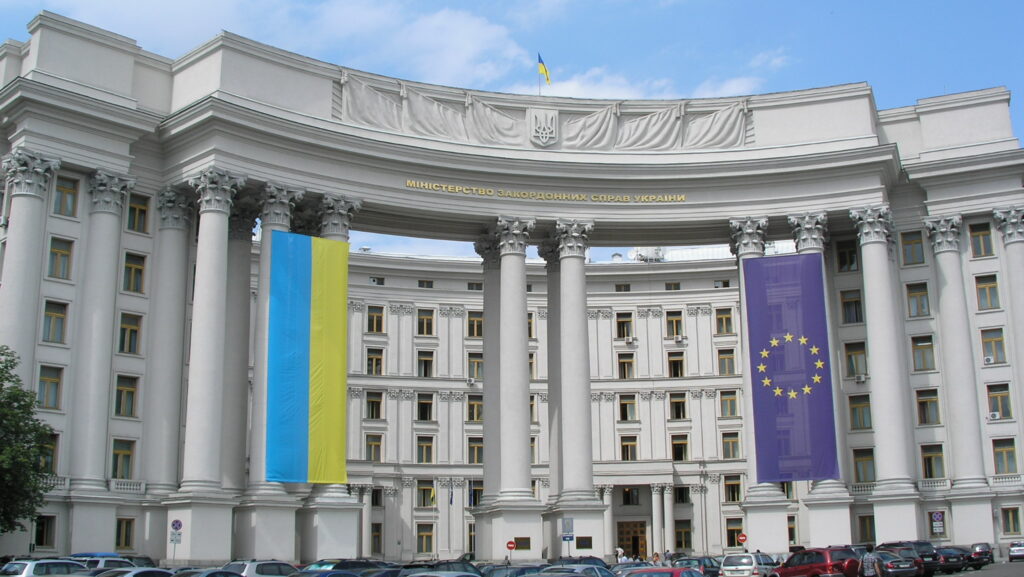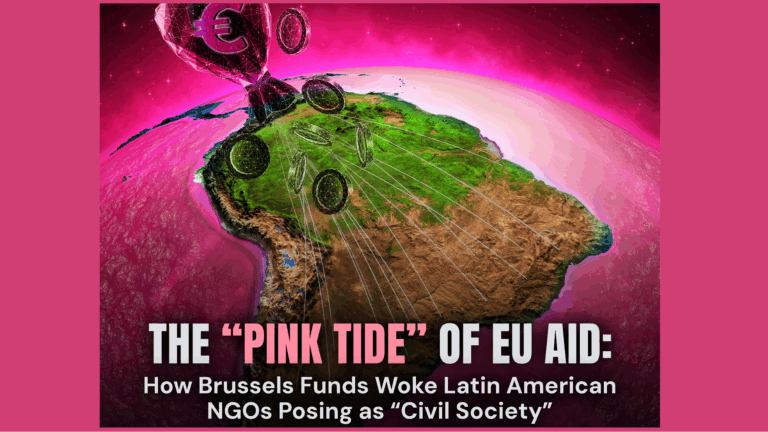One of the most significant developments in 2022 was the decision on the part of Sweden and Finland to apply for NATO membership following the invasion of Ukraine. While the move was welcomed by the alliance’s leadership, all 30 NATO states need to approve the accession of the two Nordic countries, and Turkey has so far refused to do so, on the grounds that the two applicant countries should first implement stricter counterterrorism measures. Hungary and Turkey are the only two NATO states that have not yet ratified the joint NATO bid of the two Nordic countries. While Budapest already announced that it is going to support the military bloc’s expansion and sign off on it early this year, Ankara has still not announced a timeline for the ratification.
Ibrahim Kalin, spokesman and foreign policy adviser for President Erdogan said on 14 January at a press conference that Turkey was not in a position to ratify Sweden’s membership, because Sweden has still not fulfilled a series of commitments it made at a NATO summit in June. Sweden has since approved a constitutional amendment that will make it possible to pass tougher anti-terror laws. But Kalin said it will take at least until June for Sweden’s parliament to vote through the measures, and that Ankara would wait for all the Swedish legislation to pass before it acts.
In order to appease Ankara, both Sweden and Finland have committed themselves to cracking down on Kurdish groups that Turkey views as terrorists.
The upcoming presidential election in Turkey could also play a role in Ankara dragging its feet. Voting is scheduled to take place on 18 June, however, the timing of the Mecca pilgrimage and one of Turkey’s religious holidays could see it brought forward by a month. NATO-related decisions need to be ratified by parliament, and it is likely that the legislature will go into recess before the elections. While government officials from Turkey, Sweden and Finland are expected to meet in Brussels in February, Kalin warned that incidents like the hanging of the effigy of Erdogan in Stockholm could have a negative effect on the negotiations. After the incident that Hungarian Foreign Minister Péter Szijjártó also denounced in strong terms the Turkish Foreign Ministry summoned Sweden’s ambassador to Ankara, while Swedish PM Kristersson condemned what happened, calling it an act of sabotage aiming to block the country’s NATO bid.
According to the state news agency Anadolu, President Erdogan claimed during a state rally on 15 January that ‘first of all, they [Sweden and Finland] need to extradite nearly 130 terrorists in order for their bids to pass our parliament; unfortunately, they have yet to do this.’
Last June, Turkey, Sweden and Finland signed a trilateral memorandum to address Ankara’s concerns.
However, the extradition of an exiled Turkish journalist who Erdogan said Stockholm needed to deport in order to secure Turkey’s approval was denied by a Swedish court last month. Swedish Prime Minister Ulf Kristersson said two weeks ago that Swedish legislation on extradition rules is very clear—it is the Swedish courts that make the extradition decisions and there is no room for changing that.
Finland has not yet received a new list of people to extradite, Foreign Minister Pekka Haavisto told public broadcaster Yle in a radio interview two weeks ago. According to Haavisto, Ankara’s newest demands are probably a response to the most recent protest in Stockholm.
To conclude, it is still an open question when the Turkish ratification of the NATO bid may happen. While Ibrahim Kalin’s mentioning June as a possible date by which Sweden will have met all of Ankara’s requirements, Turkey may come up with more demands, and possible Kurdish provocations in the future may also stall the accession process.








